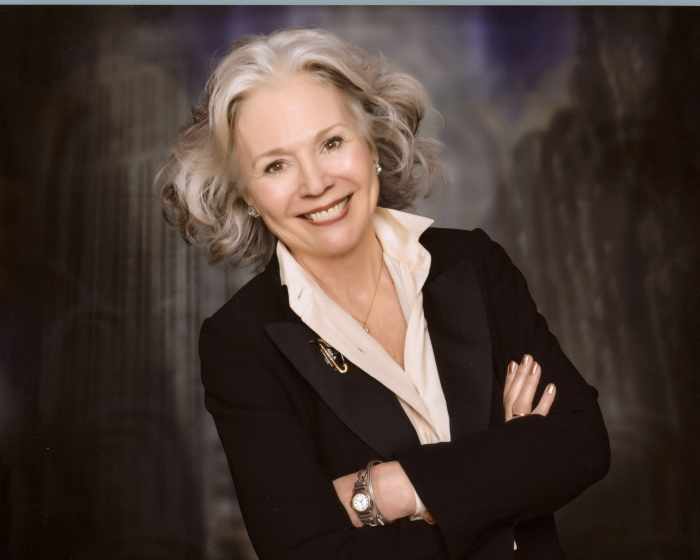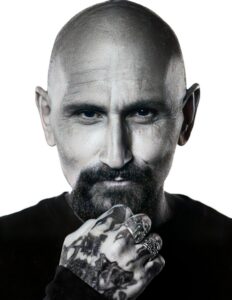Kathryn Leigh Scott – The Dark Shadows Stories And Beyond

1. How did you get into the film world?
My introduction to feature film came about through Dark Shadows, the TV series, which was so popular that it became the basis for two movies. I starred with Jonathan Frid (Barnabas) in House of Dark Shadows in 1991, which was a critical and box office success.
2. What was your favourite film or TV role, and why?
I loved playing Maggie Evans and Josette DuPres on Dark Shadows, but my favorite role is Sally Decker in “Police Squad”
3. Do you think that your role on Dark Shadows affected the other roles that you were offered, and if so, how?
I’m lucky in that after Dark Shadows I was offered a variety of very different roles. I think that’s because I left New York and moved to Paris, then London for many years to work. It’s possible that my career would have been “shadowed” had I moved to Los Angeles, where my work on Dark Shadows was well known.
4. Do you find any similarities between yourself and your role on Dark Shadows?
You always incorporate some version of yourself into the roles you play. In the beginning, Maggie Evans was a wise-cracking gal from the “wrong side of the tracks” but during the time I played her the sharp edges and chip on her shoulder wore off.
5. What are your memories of playing Mamie Eisenhower in the film The Eleventh Green?
Actors do a lot of research when playing a real-life character, such as I did with Mamie Eisenhower and my roles in “Murrow” and “The Last Days of Patton.” Mamie, I discovered, was maligned and misunderstood, and very much over-shadowed by Jacqueline Kennedy, who succeeded her as First Lady. Mamie was an elegant, well-educated, former debutante, who loved fashion and entertaining, and brought her exquisite charm and hostess skills to the White House well before Mrs. Kennedy. As the wife of a soldier living on army bases, she knew how to make a house a home. I loved the role!
6. Why did you decide to launch Pomegranate Press in 1985, and how satisfied are you now?
I love making books, and enjoy every step of the process. I started Pomegranate Press nearly 40 years ago because publishing intrigued me and I felt I had the ability and business sense to do it. I’ve learned such a lot, and I’ve had to embrace new technology as the world becomes ever more digitized. It’s a challenge I love.
7. Why did you decide to release a new edition of Marcel Marceau: Master of Mime?
Marcel Marceau: Master of Mime has been out of print for decades. I wanted to reissue the book as a tribute to the artistic collaboration of Time/Life photographer Ben Martin and the legendary mime, Marcel Marceau. It’s also a way of introducing the work of the great mime to new generations not familiar with the centuries-old tradition of pantomime.
8. What was the element that attracted you to the art of Marcel Marceau?
As a drama student, I studied mime with Paul Curtis, the founder of the American Mime Theatre. When I met Marceau, I had considerable appreciation of the art form and was drawn to him personally. Marcel was charming and an immensely gifted artist.
9. What are your next plans about publishing new books and playing new roles on TV and in the movies?
I have several writing projects in the works, and I’m always thrilled to be offered an acting role. I take whatever comes next.
10. How does an actress find a balanced life after playing a demanding, extreme role on TV or in the movies?
For me, there’s balance in my twin careers of writing and acting. Writing is solitary and entirely original; acting is communal and interpretive. I don’t have hobbies; I find satisfaction in my work that blends very much with my personal life.


